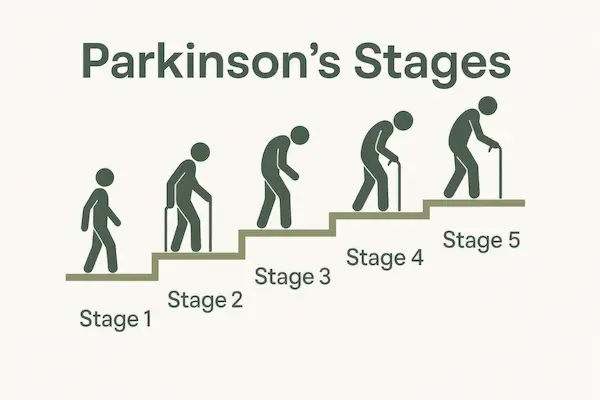- male
- 25 Years
- 01/04/2021
Is a concussion serious?
Answered by 1 Apollo Doctors
Concussions are can be serious depending on the area which is affected. Nonetheless, every concussion must be evaluated by a health-care professional and that person needs to rest for few days to recover.
Dr. Dhankecha Suggests...
Consult a Neurologist
Answered 04/07/2025
0
0


Ask Apollo
AI powered Health Chatbot
-
Concussions can be serious: They may cause symptoms like headaches, dizziness, confusion, and memory issues.
-
Immediate care is important: Seek emergency care if you experience loss of consciousness, repeated vomiting, worsening headache, or confusion.
-
Recovery varies: Most recover fully with rest and gradual return to activities, but some may have prolonged symptoms.
-
Avoiding further injury: Protect your head and avoid activities that risk another concussion during recovery.
Consult a healthcare professional for evaluation and guidance tailored to your situation.
Recommended next steps
Consult a Neurologist
Answered 20/08/2025
0
0
More Neurology Health Queries
View allmy brother has had fits since birth and is a CP child now his left leg thigh bone is broken near the hip the doctor suggested surgery but we're from vidisha near bhopal and unsure what the best treatment option is for him
neurologist opinion.
Answered by 1 Apollo Doctors
I've been dealing with a constant headache and this heavy-headed feeling for years now, but it seems to have gotten worse. What could be causing this, and what should I do about it?
Persistent headaches and a heavy-headed feeling for many years could be due to various factors, including stress, eye strain, or even underlying conditions like sinus issues or migraines. It's important to assess any recent changes in your symptoms and consider consulting a healthcare professional for a thorough evaluation to determine the exact cause and appropriate treatment.
Answered by 1 Apollo Doctors
I'm experiencing this lingering mild pain in my head and my head just feels so heavy that it's making it tough for me to get my work done. I can't really focus because I'm not feeling good. Could this have something to do with my eyes? Any advice on what I should do?
Visit your doctor for evaluation and appropriate management
Answered by 1 Apollo Doctors
Disclaimer: Answers on Apollo 247 are not intended to replace your doctor advice. Always seek help of a professional doctor in case of an medical emergency or ailment.





